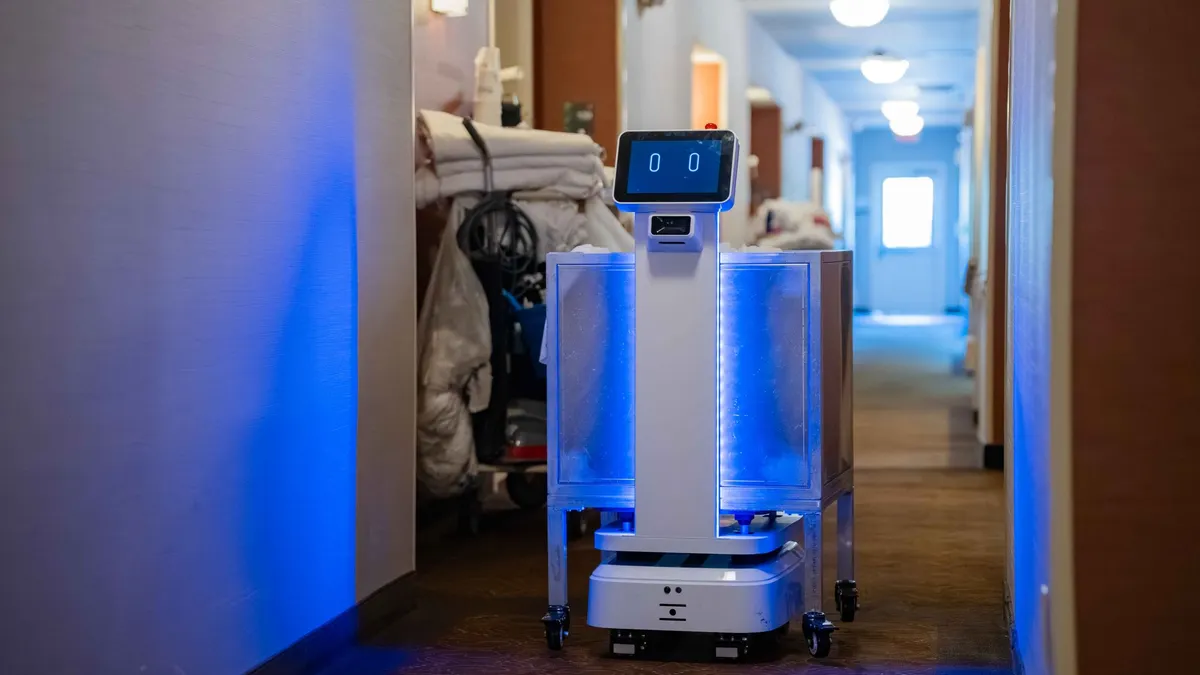The following is a guest post from Jasmine Walia, global market leader for travel and hospitality at Alorica. Opinions are the author’s own.
In today’s travel landscape, expectations are sky-high, and patience is at an all-time low. Whether it’s hopping on a red-eye for a make-or-break client meeting, flying halfway around the world for a long-overdue reunion with family or traveling solo to reset and recharge, the experience hinges on one thing: how quickly — and flawlessly — things fall into place.
Travelers are no longer tolerant of hiccups, hold times or hard-to-navigate processes. They expect brands to anticipate their needs and communicate and resolve problems before they even arise.
Smartphones, apps and on-demand everything have trained consumers to expect real-time updates and proactive solutions. This shift means that any delay or inconvenience can significantly impact the perception of a brand.
That’s where modern customer experience (CX) tools come in. Real-time language translation, advanced conversational artificial intelligence, AI-powered knowledge platforms and automated support for routine tasks can turn once-frustrating interactions into effortless resolutions.
Good CX solutions empower teams, and when teams are empowered, the entire experience shifts: travelers feel understood, supported and are more likely to come back for another stay.
Real-time translation powers better communication
In an era where online reviews and viral posts can make or break an image, reputation is no longer built over years. It’s built (or broken) in real time. A delayed response, an unresolved issue, a robotic tone at the worst moment — these aren't just CX failures; they’re brand failures. Every interaction is a chance to reinforce trust or erode it.
According to PwC, 32% of customers will walk away from a company they love after just one bad experience. That margin for error shrinks even further in travel, where emotions run high, and timing is everything.
Language can be the hidden friction point that turns a small issue into a major customer meltdown. But expecting companies to staff agents for every language at every hour isn’t scalable. That’s why real-time voice language translation has become a game changer, especially during high-demand periods when multilingual support is stretched thin.
Voice-based AI translation tools allow online agents to speak in one language while the customer hears another, instantly and naturally. There are no awkward pauses, just seamless conversations powered by a global team that can serve in any language, anytime. This doesn’t just improve response times — it makes a business feel culturally intuitive and authentically local, no matter where the customer is.
AI boosts loyalty
Travelers expect experiences that adapt to their preferences, habits and travel history. Smart travel players can move beyond static systems to adopt AI that can anticipate, interpret and act in real time.
This could look like predictive automation that spots a storm brewing and rebooks before a flight is canceled or sentiment analysis that detects rising frustration and escalates to a complaint to a human — without forcing the customer to rehash their entire story.
It’s not just about automation, it’s about orchestration. Intelligent CX systems can work behind the scenes to make every interaction feel effortless and personal.
Organizations like Marriott International and JetBlue, for example, are leading the charge, using guest history to deliver room preferences or curated travel tips. When done right, this approach shows people they’re truly valued.
Interactions stay human
AI can move mountains when it comes to speed and scale, but it can’t replicate empathy. Chatbots can handle check-ins. Machine learning can predict booking behaviors. But when things go sideways — visa issues, reroutes, lost bags — what people really want is someone who shows concern. According to data from McKinsey & Co., 76% of consumers say that personalized communication is a key driver in choosing a brand, and 78% say it makes them more likely to repurchase.
The future of guest experience lies in the fusion of automation and human intuition. AI can scale fast support, but trained professionals bring empathy, nuance and flexibility — the things that turn service into loyalty. If a person misses a connection and needs rebooking, no bot in the world can replicate what a well-equipped human can do in that moment.
Every moment, from room booking to arranging transport, is a chance to reinforce trust or quietly chip away at it. And in a world wired for instant gratification, only businesses that deliver seamless, responsive and customer-centered service at scale will earn long-term loyalty.


















